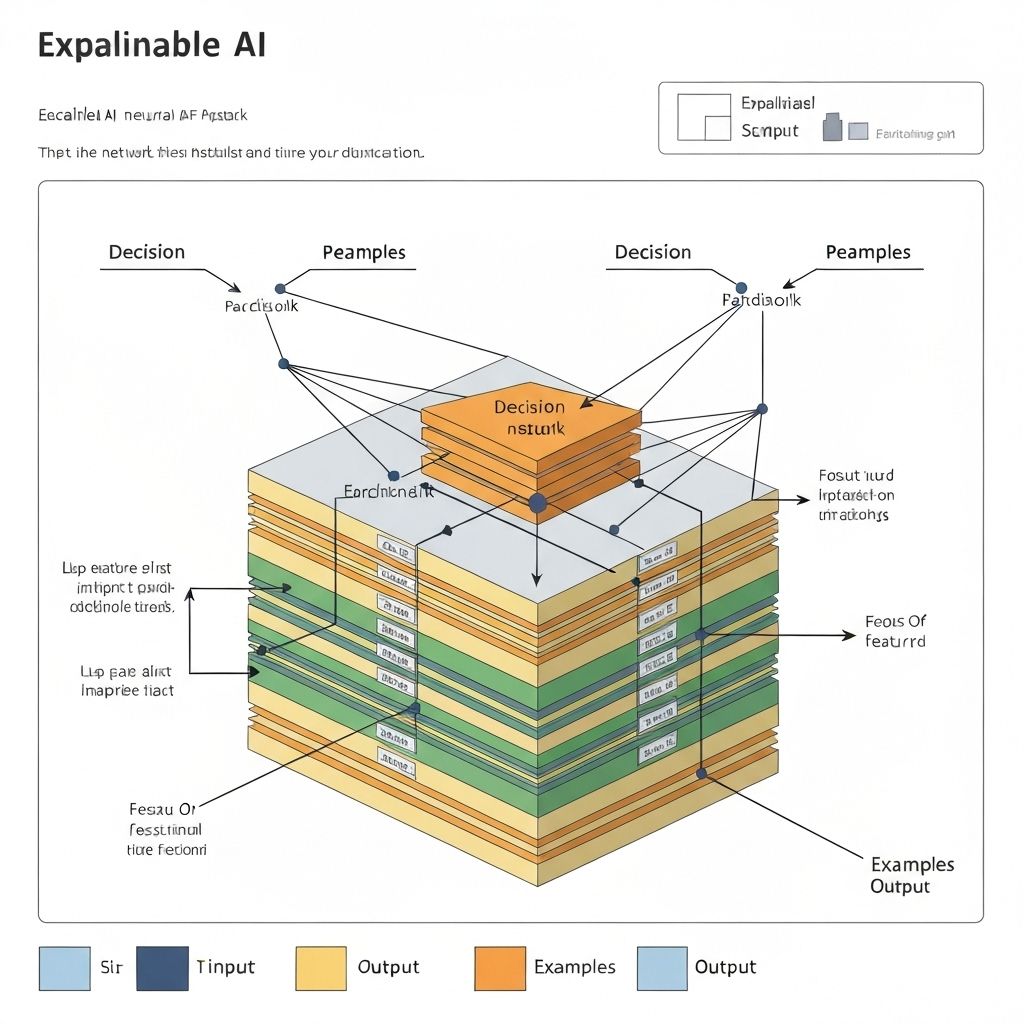The Ethics of AI: Navigating Bias, Fairness, and Accountability
The Power and the Peril
Artificial Intelligence holds the promise of solving some of humanity's greatest challenges, from curing diseases to combating climate change. However, this immense power also comes with significant ethical responsibilities. As we build increasingly autonomous and intelligent systems, we must proactively address the ethical challenges they pose to ensure they benefit humanity as a whole.
Key Ethical Dimensions
- Bias and Fairness: AI models learn from data, and if that data reflects existing societal biases (related to race, gender, age, etc.), the model will learn and often amplify those biases. An AI used for hiring might learn to discriminate against female candidates if it's trained on historical data where most hires were male. Actively auditing data and models for bias is a critical step.
- Accountability and Transparency: When an autonomous system causes harm, who is responsible? The developer? The owner? The user? Establishing clear lines of accountability is essential. This is closely tied to transparency and explainability (XAI)—we need to understand why an AI made a certain decision to hold the right parties accountable.
- Privacy: AI systems, particularly in the age of big data, require vast amounts of information to function. This creates a tension between model performance and individual privacy. Techniques like federated learning and differential privacy are being developed to train models without compromising sensitive data.
- Safety and Security: As AI controls more critical systems (power grids, autonomous vehicles), ensuring their safety and security is paramount. We must protect these systems from being hacked or manipulated, and ensure they have robust fail-safes to prevent catastrophic accidents.
- Human-AI Interaction: How do we design AI systems that collaborate effectively with humans? How do we ensure that AI augments human capabilities rather than devaluing them? The design of the human-AI interface has profound ethical implications for the future of work and society.
A Call for Responsible Innovation
At RaxCore, we have established an internal AI Ethics Board to review high-impact projects and guide our development practices. We believe that ethical considerations cannot be an afterthought; they must be integrated into the entire AI lifecycle, from initial conception and data collection to deployment and ongoing monitoring. Building ethical AI is not just a technical challenge; it's a socio-technical one that requires collaboration between engineers, social scientists, ethicists, and policymakers.

